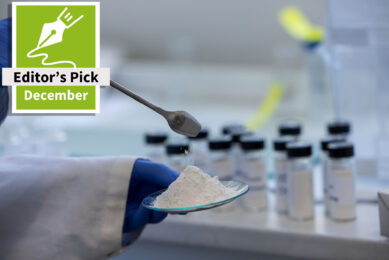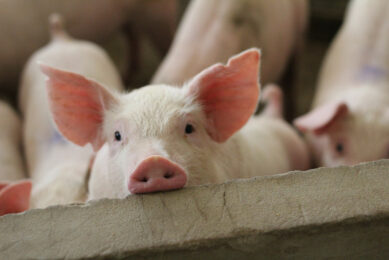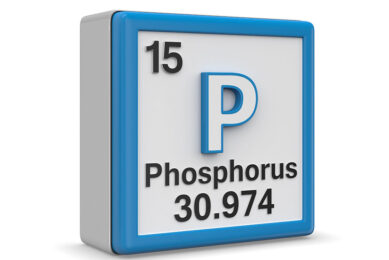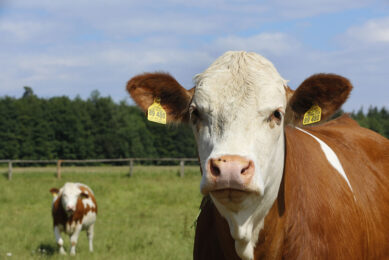World’s first GM phytase corn
Chinese agricultural biotech company Origin Agritech Ltd has developed the world’s first genetically-modified phytase corn, and will introduce the product to the market in 2009 as an animal feed.
According to Biotech East, the product will eliminate the need to add
phytase separately to corn as is currently mandatory in many countries to reduce
the phosphorus waste burden on the environment.
phytase separately to corn as is currently mandatory in many countries to reduce
the phosphorus waste burden on the environment.
Phytase is used as an additive in animal feed to breakdown phytic acid in
corn, which holds 60% of the phosphorus in corn, effectively increasing
phosphorus absorption in animals. Phosphorus is an essential element for the
growth and development of all animals, and plays key roles in skeletal structure
and is vital in metabolism.
corn, which holds 60% of the phosphorus in corn, effectively increasing
phosphorus absorption in animals. Phosphorus is an essential element for the
growth and development of all animals, and plays key roles in skeletal structure
and is vital in metabolism.
Save time, machinery, labour and costs
With the introduction of this new corn, it is reported that animal feed
producers will be able to eliminate purchasing phytase and corn separately,
thereby eliminating the need for mixing the two ingredients together, saving
time, machinery, and labour for the animal feed producers.
producers will be able to eliminate purchasing phytase and corn separately,
thereby eliminating the need for mixing the two ingredients together, saving
time, machinery, and labour for the animal feed producers.
Beijing-headquartered Origin licensed the technology to develop the
transgenic corn from the Chinese Academy of Agricultural Science (CAAS) after
seven years of study by the research institute.
transgenic corn from the Chinese Academy of Agricultural Science (CAAS) after
seven years of study by the research institute.
It is reported that the worldwide phytase potential market size is US$500
mln, including US$200 mln for China alone, according to the China Feed Industry
Study. The corn seed market in China is estimated at US$1 bln.
mln, including US$200 mln for China alone, according to the China Feed Industry
Study. The corn seed market in China is estimated at US$1 bln.
“Phytic acid, the main form of phosphorous in plant-origin animal feeds, is
poorly available to monogastric animals as they lack the enzyme capable of
hydrolyzing phytic acid to release phosphate. Genetic modification is the world
class standard and that is where China is moving,” Dr Yun-Liu Fan, a scientist
of CAAS and member of the Chinese Academy of Engineering reported. “Our
genetically modified corn will reduce the need for such phosphate supplements
and reduce feed costs,” she said.
poorly available to monogastric animals as they lack the enzyme capable of
hydrolyzing phytic acid to release phosphate. Genetic modification is the world
class standard and that is where China is moving,” Dr Yun-Liu Fan, a scientist
of CAAS and member of the Chinese Academy of Engineering reported. “Our
genetically modified corn will reduce the need for such phosphate supplements
and reduce feed costs,” she said.
Related links:











